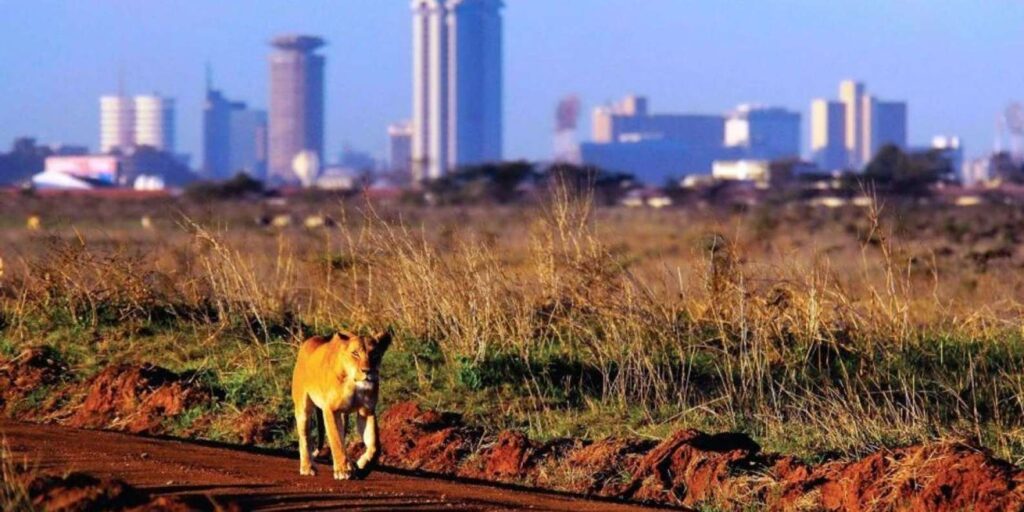The cost of climate change to countries in Africa.
Climate change is amongst the greatest challenges that humanity faces today. Its impact on the environment is far-reaching, but it also has significant economic consequences. African countries are particularly vulnerable to climate change, as they often lack the resources to adapt to its effects. Today, we will examine the cost of climate change to countries in Africa per GDP.
The Economic Cost of Climate Change in Africa
The economic cost of climate change in Africa is significant. A report by the African Development Bank found that climate change could reduce Africa’s GDP by up to 2.25% annually by 2050. This is due to a range of factors, including reduced agricultural productivity, increased water scarcity, and rising sea levels.
African countries are likely to be hit the hardest by these economic impacts. Many of these countries are heavily reliant on agriculture for their livelihoods, making them particularly vulnerable to changes in climate patterns. Climate change is likely to reduce crop yields, leading to food shortages and higher prices. This, in turn, can lead to increased poverty and malnutrition.
Other economic impacts of climate change in Africa include reduced access to water, increased health costs due to disease, and higher energy costs due to increased demand for cooling. These impacts are likely to be felt most acutely by poor communities, who are often the most vulnerable to the effects of climate change.
The Cost of Climate Change to Countries in Africa per GDP
The cost of climate change to countries in Africa per GDP is difficult to estimate precisely because it depends on many factors, including the severity and frequency of climate-related events, the specific vulnerabilities of each country, and capacity of each country to adapt to and mitigate the effects of climate change. Nonetheless, we can look at the cost of climate change to African countries through the percentage of GDP that is lost due to its impact. A report by the World Bank found that the cost of climate change to sub-Saharan Africa could be as high as 5% of GDP by 2030. This is a significant figure, particularly given that many of the countries have limited resources to invest in adaptation measures.
The cost of climate change to African countries per GDP varies from country to country. For example, a study by the United Nations Development Programme found that the cost of climate change to Tanzania could be as high as 1.4% of GDP by 2030. In Ethiopia, the cost could be as high as 2.5% of GDP.
These figures highlight the significant economic impact that climate change is likely to have on African countries. It also underscores the urgent need for action to mitigate its effects and support adaptation measures. Climate change is a global problem, but its impact is felt most acutely in Africa. The economic cost of climate change in these countries is significant, with some estimates suggesting that it could reduce GDP by up to 5% by 2030. This highlights the urgent need for action to mitigate the effects of climate change and support adaptation measures in these vulnerable communities. Failure to act now will only lead to greater economic and social costs in the future.
